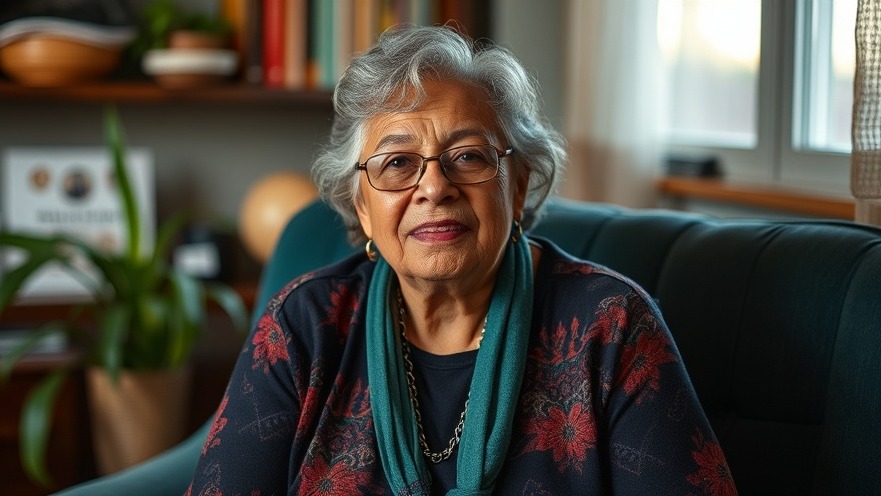
Understanding the Complex Case of Janita Phillips
The recent sentencing of Janita Phillips, a 65-year-old woman who killed her infant son in 1986, raises important questions about justice, mental health, and the intricacies of the legal system. In a move that has left many in shock, Judge Gary White sentenced Phillips to five years of probation, a decision that has been deemed unprecedented for a case involving child homicide. With a past obscured by decades of silence and personal turmoil, her story illustrates the intersection of mental health and the law.
A Delicate Balance: Justice and Mercy
The irony of a woman escaping prison for an infant's murder is not lost in the public discourse. During the sentencing, both the prosecutor and the defense cited Phillips's emotional distress at the time of the crime. Through a peer-reviewed psychological assessment, it was concluded that she was engulfed by "extreme emotional distress" when she committed murder. This assessment provided a lens through which the legal system could view Phillips’s circumstances, ultimately leading to a compassionate sentence that many find controversial.
The Psychological Impact of Regret
Janita Phillips cried during her hearing, expressing remorse and accepting full responsibility for her actions. Her case, however, goes beyond the mere act of violence; it highlights how a person's mental state can influence legal outcomes. As Phillips reflects on her past, one must consider the lasting psychological consequences of such a heinous act not just on the perpetrator, but on the family affected, including the husband and surviving children. These emotional scars reveal the deeper complexities of familial relationships in the aftermath of crime.
The Case's Evolution: Cold Case to Modern Forensics
Phillips's story unravels within the broader narrative of forensic advancements. The 1986 case went cold until 2020, when investigators utilized new DNA techniques that conclusively linked Phillips to the crime after she had spent decades living without repercussions. The revisiting of old cases through fresh technology urges a reevaluation of how society approaches historical crimes and the potential for justice later in life.
Public Reaction: A Divided Society
The outcome of Phillips's case has sparked an intense public debate surrounding child homicide cases and sentencing. Many critics argue that the decision reflects a troubling leniency toward heinous acts if psychological evaluations are applied. Conversely, supporters of Phillips argue that justice must account for personal history and mental health at the time of the offense. This case exemplifies the ambiguity in public sentiment surrounding forgiveness, blame, and responsibility.
The Impact of Community and Family Dynamics
Phillips's story encompasses more than just the tragic death of her son; it reveals the impact of community perceptions on family dynamics. Living quietly in Florida for years implies an underlying desire for normalcy after a turbulent past. The stressors she and her husband faced, compounded by poverty and the desire to suppress the shame of events long forgotten, resonate with many families. These narratives emphasize the importance of understanding societal pressures and their repercussions on mental health.
Conclusion: Why Continuing the Conversation Matters
As Janita Phillips embarks on her probation journey, it remains crucial for society to engage in ongoing discussions about mental health, justice, and accountability in cases of family violence. Each story brings new insights into the human experience, posing questions about what justice truly means in a world where compassion and consequences must frequently coexist. In this context, the stakes are high not just for individuals, but for society at large as we navigate these complex yet necessary conversations.
 Add Element
Add Element  Add Row
Add Row 



Write A Comment